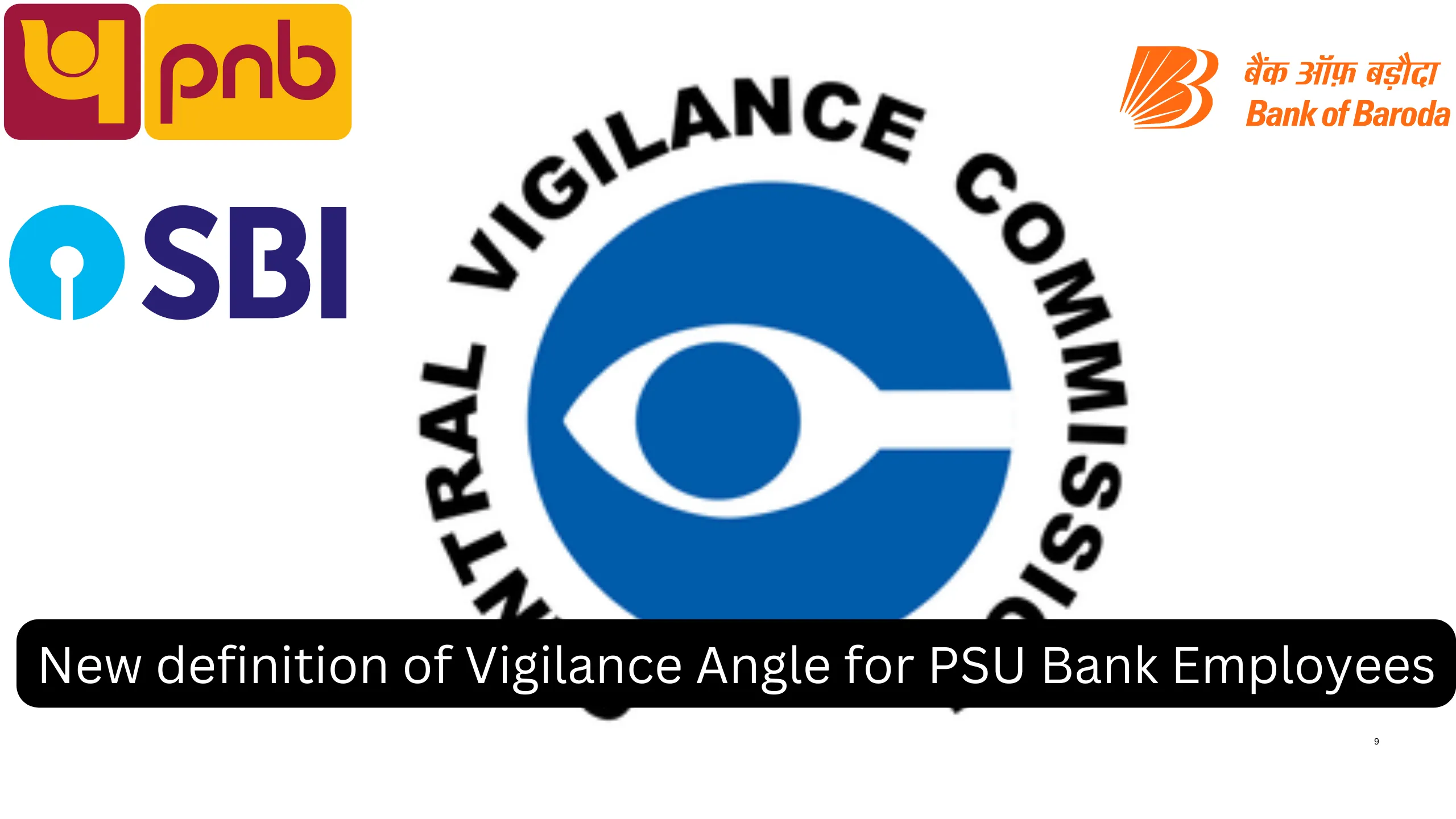Delhi High Court orders SSC to conduct fresh medical of Candidate selected as Constable in Delhi Police

| ➡️ Get instant news updates on Whatsapp. Click here to join our Whatsapp Group. |
In a significant judgment, a Division Bench of the Delhi High Court comprising Justices C. Hari Shankar and Sudhir Kumar Jain upheld the order of the Central Administrative Tribunal (CAT) directing the Staff Selection Commission (SSC) to constitute a fresh Medical Board. The Board is to re-examine a candidate who had been declared unfit for recruitment to the post of Constable in the Delhi Police. The High Court found that the Review Medical Board (RMB) had ignored the opinion of a dermatologist who deemed the candidate fit, which was unjustified.
Background
The respondent had applied for the post of Constable in the Delhi Police. During the Review Medical Examination, he was declared unfit on the grounds of having “Haemorrhoid.” However, the respondent subsequently obtained a fitness certificate from a hospital after re-examination. He argued before the Tribunal that the medical condition cited by the RMB did not hinder his functional ability to perform the duties of a Constable.
Relying on precedents such as Teekam Singh Meena v SSC, the respondent’s counsel contended that medical conditions must be categorized under the guidelines as “Fit/Unfit” or “Temporarily Unfit,” which was not followed in this case. The counsel highlighted that the issue involved a minor defect, not requiring surgical treatment, and therefore, did not warrant disqualification.
The Tribunal, referring to precedents like Deepak Yadav v SSC and Dharamvir Singh v State of Uttar Pradesh, directed the SSC to conduct a fresh medical examination. Aggrieved by the Tribunal’s order, the SSC approached the High Court.
Petitioner’s Contentions
The counsel for the SSC argued that the Review Medical Board’s findings should not have been re-examined, particularly when no allegations of mala fide intent were raised. They emphasized that higher medical standards are required for police posts, given the nature of their duties concerning public safety and discipline.
The petitioners cited multiple judgments, including Himanshu Bansal v UOI and Priti Yadav v UOI, asserting that fitness standards for police forces must remain stringent.
Respondent’s Contentions
The respondent’s counsel highlighted discrepancies in the medical reports of the Detailed Medical Examination (DME) and RMB. They argued that the RMB disregarded the opinion of specialized doctors and conducted the examination in haste.
The counsel referred to the Supreme Court’s order in Dharamvir Singh v UOI, where remediable medical conditions were not considered grounds for disqualification. Further reliance was placed on cases like Prashan Kumar v UOI and Kamlesh Kumar Kamal v UOI to support the argument that the respondent deserved a fair reassessment.
High Court Findings
The High Court emphasized the principle of “judicial conscience,” stating that courts must intervene to rectify injustices when necessary. Referring to precedents like NTPC v Nakul Das and Veer Pal Singh v Ministry of Defence, the Court reiterated that while expert opinions are respected, they are not immune to judicial review.
The Court found that the RMB had referred the respondent to a dermatologist, who had declared him fit for duty. Ignoring this opinion was deemed unjustified, particularly since the dermatologist suggested simple therapeutic remedies to address the minor ailment.
Judgment
Upholding the Tribunal’s decision, the High Court directed the SSC to constitute a fresh Medical Board to reassess the respondent. It observed that the RMB had failed to provide adequate time for therapeutic remedies and unjustifiably overlooked the dermatologist’s findings. The Court reiterated the need for fairness and transparency in medical evaluations for recruitment, especially when minor or remediable conditions are involved.
This ruling underscores the judiciary’s commitment to ensuring procedural fairness in recruitment processes while balancing the need for stringent medical standards in critical roles.



